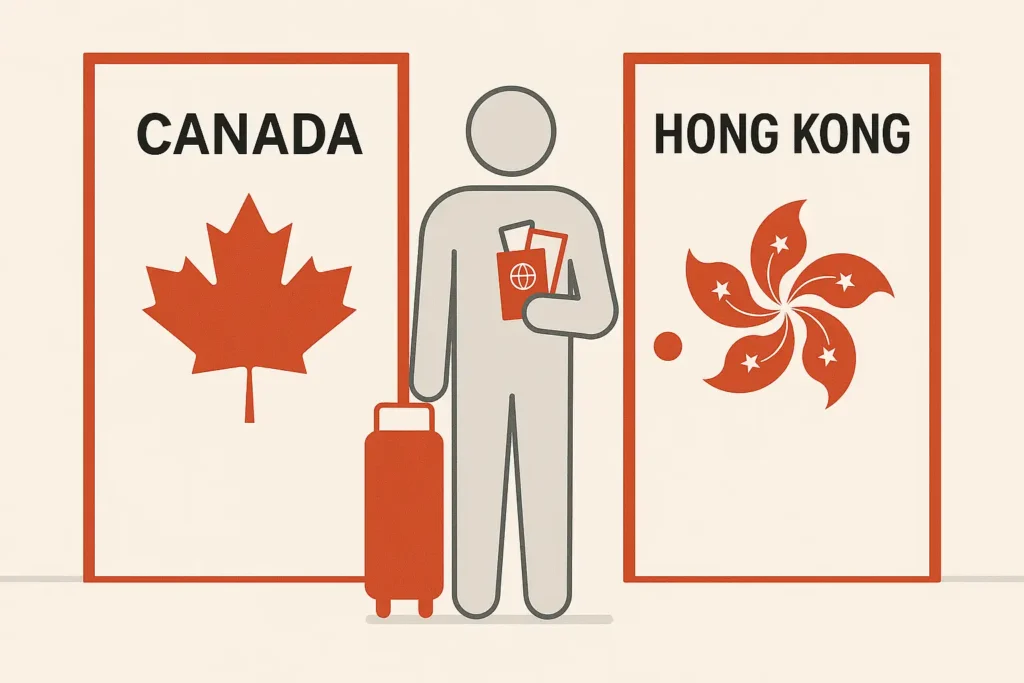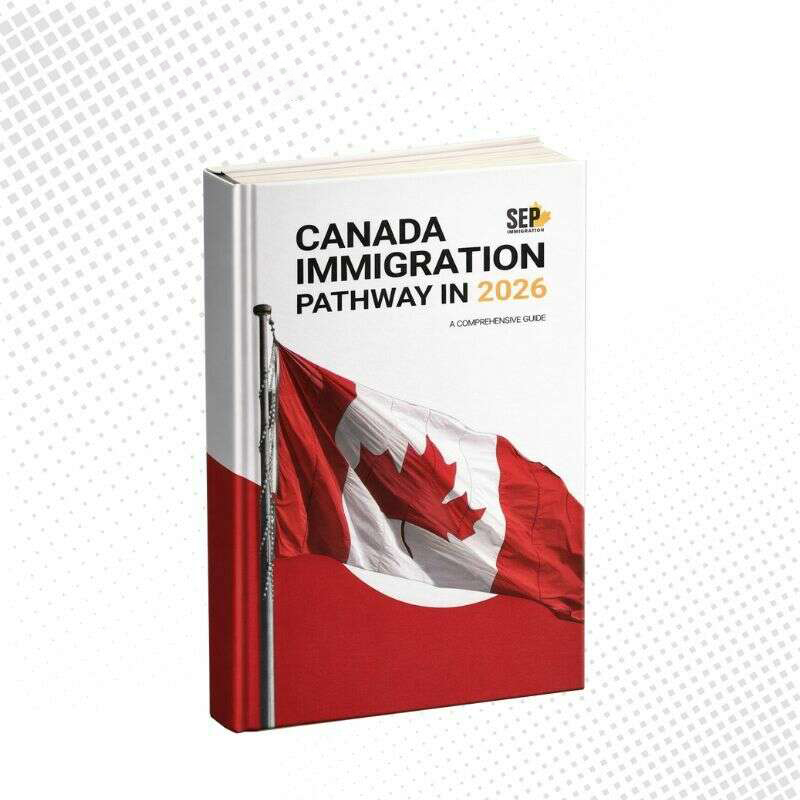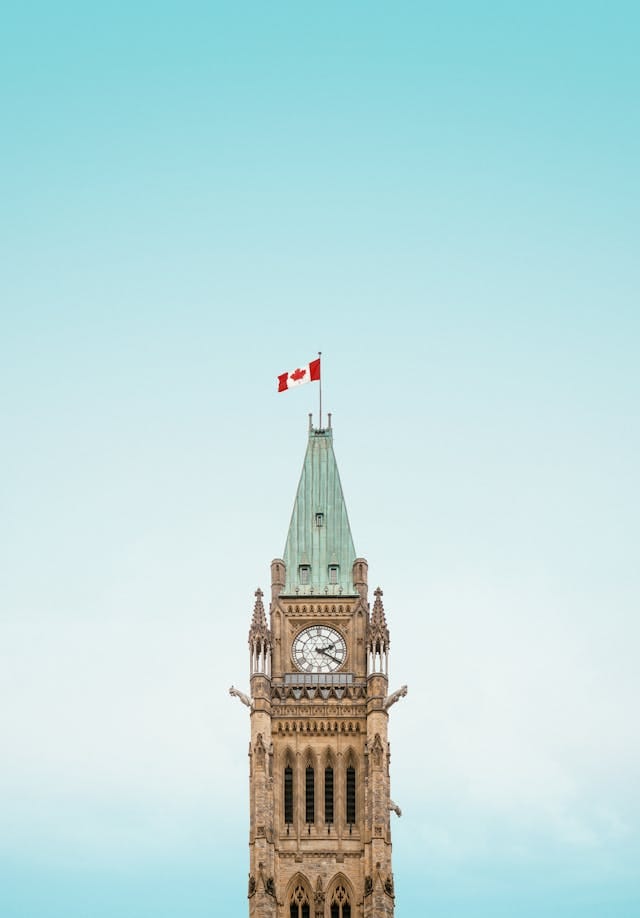Canada has opened specific immigration pathways for people from Hong Kong, offering more than one route to permanent residence. These programs were introduced in response to changing conditions in the region and remain active today.
In this article, you’ll find a clear outline of Canada’s special measures for Hong Kong residents, the permanent residence streams currently in place, alternative options, eligibility criteria, and the advantages that come with becoming a permanent resident of Canada.
Canada’s Special Immigration Measures for Hong Kong Residents
Canada introduced a temporary public policy for Hong Kong residents on June 1, 2021. It set out two routes to permanent residence and supporting measures. The policy is currently scheduled to end on August 31, 2026.
Two points matter most today:
- The dedicated PR streams—Stream A and Stream B—are open. They have their own criteria and do not run through Express Entry.
- The separate Open Work Permit for recent Hong Kong graduates closed on February 7, 2025. However, since May 27, 2024, applicants who applied under the Hong Kong PR pathways and meet status conditions can request an open work permit while they wait for a PR decision.

Stream A — In-Canada graduates
To qualify, you must:
- hold an HKSAR or BN(O) passport;
- be in Canada when you apply and when PR is granted, with a valid temporary status;
- intend to live outside Quebec;
- meet CLB/NCLC 5 in all four language skills;
- have graduated from a Canadian DLI in the last 3 years with one of:
- a diploma (not graduate/post-graduate) from a program of at least 2 years, or
- a degree (associate, bachelor’s, master’s, or doctoral), or
- a graduate/post-graduate certificate or diploma from a program of at least 1 year, and you also completed the prerequisite diploma/degree within 5 years before starting that program;
- have completed at least 50% of the program in Canada (in person or online).
Stream B — Canadian work experience
To qualify, you must:
- meet the same passport, in-Canada presence, status, intent, and language rules as above;
- have 12 months (1,560 hours) of authorized work in Canada in the 3 years before applying.
- Hours while a full-time student, self-employed, outside Canada, or during certain leaves don’t count.
- There’s no occupation list for this stream.
- As of August 15, 2023, no education requirement applies to Stream B.
Alternative PR Options for Hong Kong Citizens
Beyond the special pathways (Stream A and B) meant for Hong Kong residents already in Canada, there are several other routes available for anyone from Hong Kong aiming to become a permanent resident.
- Express Entry: A points-based system selecting candidates for economic-class immigration—such as the Federal Skilled Worker, Federal Skilled Trades, and Canadian Experience Class—based on factors like age, education, work experience, language, and adaptability.
- Provincial Nominee Programs (PNPs): Provinces and territories manage their own nomination streams. They aim to attract skilled workers, recent graduates, business owners, and others. Some streams accept applicants already in Canada, while others involve living or working in that region. If nominated, you apply for PR through IRCC.
- Family sponsorship: If you have a partner, parent, or other qualifying family member who is a Canadian citizen or PR, they might be able to sponsor you—subject to financial responsibility and other usual requirements.
- Start-up Visa or business immigration: For entrepreneurs with the support of a designated organization or enough capital, Canada offers pathways like the federal Start-up Visa. Quebec also runs its own business programs.
- Humanitarian and compassionate PR: In certain personal or emergency situations, applications can be assessed on humane grounds—though these are rare and decided on a case-by-case basis.
Those options involve different rules, steps, timelines, and documentation. Many people from Hong Kong choose them based on their job experience, family ties, or business background.
Eligibility Requirements
Here’s what matters most if you’re applying for permanent residence under the Hong Kong-specific program (Streams A or B):
When you apply, you must:
- Be in Canada both when you apply and when you become a PR. A valid temporary status—like a study or work permit—is required.
- Hold a Hong Kong SAR passport or a British National (Overseas) passport issued to someone born, naturalized, or registered in Hong Kong.
- Prove language ability at Canadian Language Benchmark (CLB) level 5 or NCLC 5 in all four areas: reading, writing, listening, and speaking.
- State your intention to live outside Quebec, since Quebec handles immigration separately. If you currently live in Quebec, you must show ties to another province (e.g., job offers, housing, visits, declarations).
Specific rules for each stream:
- Stream A – In-Canada graduates
- You must have graduated from a Canadian-designated learning institution within 3 years of applying.
- Acceptable credentials include:
- A diploma (minimum 2-year program),
- A degree (associate, bachelor’s, master’s, or doctoral), or
- A graduate/post-graduate certificate or diploma (minimum 1 year)—in this case, you must also have completed a prerequisite post-secondary credential (degree or diploma) within 5 years before starting that program.
- At least half of your program must have been completed in Canada, whether online or in-person.
- Stream B – Canadian work experience
- You need 12 months (1,560 hours) of lawful Canadian work over the past 3 years. Part-time hours count, but no more than 30 hours per week are allowed toward the total.
- Hours spent as a full-time student, self-employed, outside Canada, on approved leave, or unemployed do not count.

Benefits of Canadian PR for Hong Kong Nationals
Becoming a permanent resident of Canada comes with rights and opportunities that make it a sought-after status for many Hong Kong citizens.
- Work and study freedom: Permanent residents can work for almost any employer and study at Canadian institutions without needing additional permits. Tuition fees for PR holders are much lower than those paid by international students.
- Access to healthcare and social benefits: As a PR, you can enroll in provincial or territorial health insurance plans and receive coverage similar to that of Canadian citizens. Other programs, such as employment insurance or retirement pensions, may also become available depending on your work history.
- Path to citizenship: After living in Canada as a permanent resident for a required period (currently three out of the last five years), you may be eligible to apply for Canadian citizenship.
- Family sponsorship: Permanent residents can sponsor certain relatives to join them in Canada. This includes spouses, common-law partners, dependent children, and in some cases, parents or grandparents.
- Mobility rights: You can move between provinces and territories freely, choosing where you want to live, work, or study.
- Security and long-term settlement: Unlike temporary permits, permanent residence offers stability. It allows individuals and families to make long-term plans in Canada, from buying a home to investing in education and careers.
Conclusion
Canada has established unique programs for Hong Kong nationals that remain in place until August 31, 2026. These measures—particularly the two PR streams—give people who studied or worked in Canada a chance to move from temporary status to permanent residence. On top of this, Hong Kong residents can also explore the same immigration routes open to all foreign nationals, such as Express Entry or Provincial Nominee Programs.
For many, permanent residence represents more than just paperwork. It brings security, the ability to settle long-term, and the option to apply for Canadian citizenship eventually.
FAQs
Who is eligible for the Hong Kong pathway?
Hong Kong SAR or BN(O) passport holders with Canadian study or work experience meeting program rules.
Can a Canadian PR go to Hong Kong?
Yes. Entry depends on Hong Kong’s immigration rules; Canadians usually require a visa or entry permit.
What is the processing time for the Hong Kong pathway?
Processing varies but generally takes several months; IRCC advises checking current estimates before applying.
How can I move to Hong Kong from Canada?
Apply through Hong Kong’s visa system—options include work, study, or dependent visas.
What is the Hong Kong pathway visa?
It’s Canada’s special public policy offering permanent residence to eligible Hong Kong graduates or workers.
Is a Hong Kong visa hard to get?
Requirements depend on purpose—study, work, or family. Some categories are competitive but not impossible.






